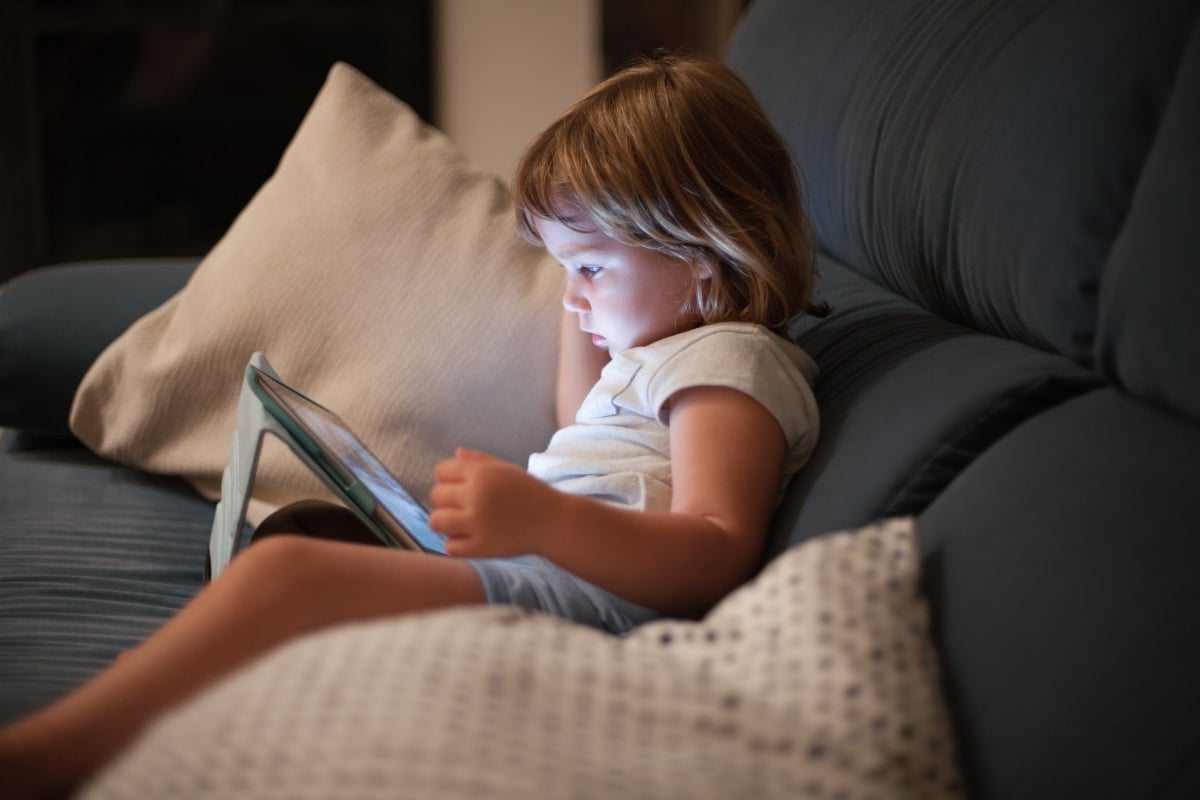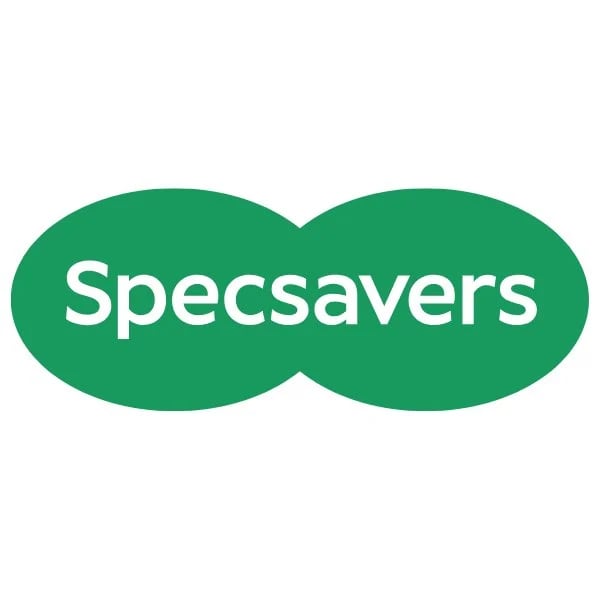

Greeshma Patel was seven years old when she began wearing glasses.
"I was in denial about needing them," the qualified optometrist tells Mamamia. "So I'd lie during my eye tests and try to memorise the letters because back then, the letters in the test were all the same. I thought my optometrist was a magician because he just always knew I wasn't telling the truth."
The experience is what sparked her interest in optometry, and she has been in the field for over 20 years as a qualified optometrist in the heart of Sydney at Specsavers.
One of the most rewarding aspects of her job, she says, is the opportunity to help parents determine if their children need glasses.
"It really is so important, especially from a young age, because your children tend not to know what they should and shouldn't be seeing," Patel tells Mamamia.
"Poor vision may impact learning, depth perception, hand-eye coordination, and in the long term, if an eye doesn't develop good vision, it may hold you back from certain occupations so it is very important to determine if what you are seeing is normal, and to optimise what you can see. We do so much with our eyes from driving to playing sports, and if you know your eyes are performing at their best, you've often got the advantage."
There's no hard and fast rule to recognise if your child needs glasses, so a yearly check-up is your safest bet to ensure they have optimal eyesight.
"It's super difficult," she says. "Because children can't really articulate well, so before starting preschool or kindergarten, it's a good time to make sure your child's vision is okay."
However, Patel advises parents to watch out for common behaviours, or complaints from their child, including:
- Complaining of itchy eyes.
- Mentioning their eyes feel gritty or like they are burning after a long day.
- Trouble with concentration.
- Being unable to articulate words whilst reading.
- Sitting too close to the TV.
- Getting too close to a book while reading.
Children could need glasses for all sorts of reasons. They could suffer from long-sightedness, short-sightedness, astigmatism, or amblyopia.
